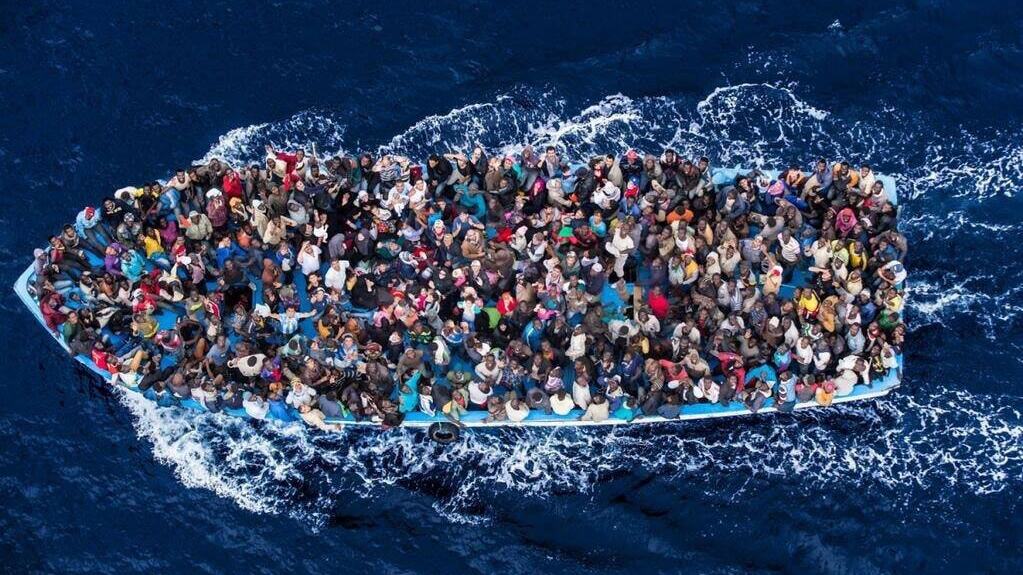
Migrants in the Mediterranean: Tragedy in Tunisia, another dark chapter
Once again, the Mediterranean has become the scene of a human tragedy. Off the coast of Tunisia, twelve bodies, including three children, were recovered after a boat carrying more than fifty migrants sank near Djerba. This tragic incident occurs in a context where migrant crossings to Europe are still as perilous as ever. While twenty-nine survivors have been rescued, the number of missing remains uncertain. Despite Tunisian efforts to curb these desperate attempts, tragedies continue, reflecting the failure of humanitarian management on a regional scale.
The phenomenon of illegal migration, particularly to Italy, persists due to economic, climatic and political factors. Tunisia and Libya are the main departure points for Lampedusa, the gateway to Europe. Since January, nearly 1,300 migrants have lost their lives in Tunisian waters. This macabre toll is a reminder of the dangerous reality of these journeys, where thousands flee war, poverty and persecution. The strengthening of maritime security and the EU's restrictive policies have only increased the precariousness of those seeking exile.
This drama, one among many others
Barely a week ago, thirteen bodies of sub-Saharan migrants were found on a Tunisian beach. This shows how many bodies are washing up on these shores at an almost daily rate, a silent witness to the failure of states to respond to a social and human emergency that continues to grow. The complexity of the phenomenon goes far beyond simple migration issues: it also encompasses the rise in tensions between locals and migrants, exacerbated by the precariousness that also affects Tunisians themselves.
Europe and Tunisia: cooperation struggling to stem the flow
While the European Union boasts of its efforts to reduce the number of arrivals, the reality on the ground is quite different. Although the number of crossings to Italy has fallen this year, the increase in migrants stuck in makeshift camps around Tunisian cities shows the perverse effects of a repressive policy, focused on closing borders rather than on humanely managing the flows. The Canary Islands and other alternative routes are gaining popularity, while FRONTEX notes a decline in departures via the central Mediterranean.
This tragedy, far from being an isolated one, is just one example among many of the tragic consequences of these crossings, carried out aboard makeshift boats, often at the risk of hundreds of lives. While these events do not mobilize public opinion enough, they illustrate every day the urgency of a common, more humane and less repressive response to this crisis.



Leave a comment
This site is protected by hCaptcha and the hCaptcha Privacy Policy and Terms of Service apply.